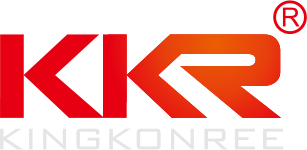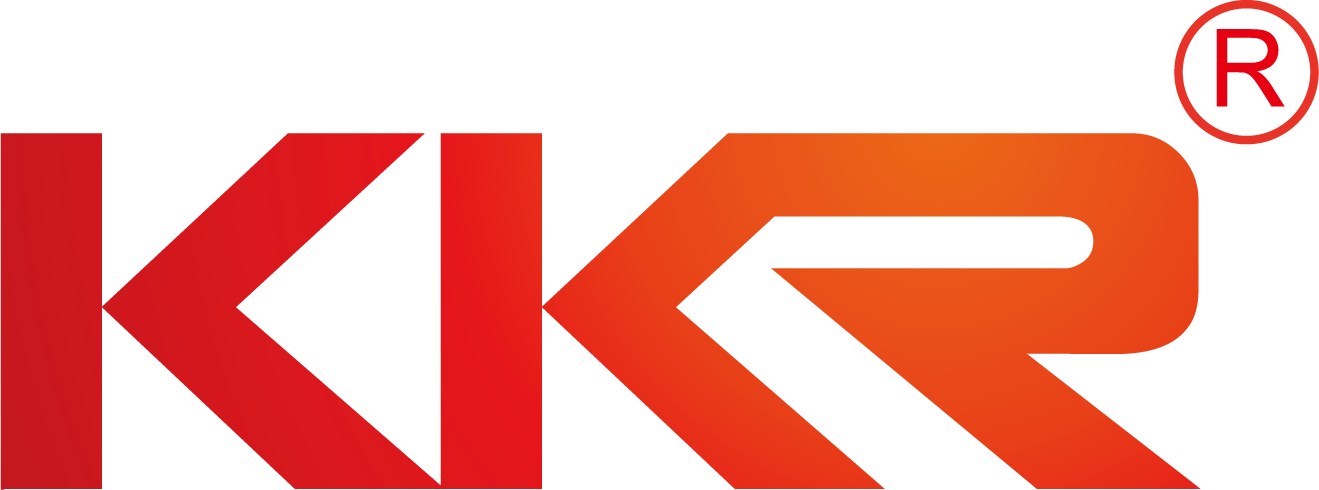 KingKonree - Solid Surface Manufacturer of Sanitary Ware, Solid Surface Countertops & Sheets for over 25 years, innovation in moulding and thermoforming
KingKonree - Solid Surface Manufacturer of Sanitary Ware, Solid Surface Countertops & Sheets for over 25 years, innovation in moulding and thermoforming
With modern technology, there have never been
The most popular material by far is Stainless Steel. A steel sink is strong and lightweight, hygienic and easy to clean. It's steel as well so it's tough. They don't really like scratches and abrasions, but apart from that are a very practical solution.
There can be a huge variation in the quality of a steel tub - and more or less you get what you pay for. The better quality models feature a base that is welded to the sides, giving a much stronger and more dense base - check for the weld mark which you should see underneath the bowl. Cheaper sinks are just stamped - pressed into shape from a sheet of steel, and as such the steel gets stretched - leaving it thinner and more likely to deform with only a small amount of pressure.
Now there's the traditional ceramic sink. Ceramic sinks usually made by baking porcelain or fireclay and are extremely tough - they do have a reputation for looking old-fashioned (which I am sure would fit in with many kitchens out there in England!) but there are modern styles out there and their popularity is very much on the rise.
Ceramic is durable and resistant to most of the abuse you will throw at it, but is a very unforgiving material that will break crockery that is dropped on it and heavy impacts are liable to create cracks.
For those wishing for a sink that is the same colour as the surrounding worktop, a quartz material may well fit the bill. Quartz is made from crushed granite or quartz and mixed with a polymer that provides it with cohesion - and also waterproofs and seals it. 'Quartz' is as tough or tougher than granite, and a quartz sink could well last a lifetime.
Quartz has the advantage of being exceptionally tough and hardwearing, easy to clean, with great resistance to the evils of scratching, denting and staining. It is however really quite expensive but all those advantages do come at a price, and a quartz worktop and sink is gonan hurt your wallet no doubt about it.
Corian is another synthetic stone-like material, originating from Dupont, that is comprised of a mixture of acrylic resin and alumina trihydrate that creates a thermoformable (bends with extreme heat) substance that is as hard as rock, and with this substance you can make a sink and worktop truly seamless, which has contributed to its continued popularity amongst consumers.
Corian is a durable substance that offers very good impact and scratch resistance, and has that advantage of a seamless look but it is more expensive than similar alternatives.
Copper is a rare alternative, but there are situations when it would certainly suit a kitchen, so it is worth considering. It is rather a soft metal that does oxidise, so it should be kept dry after use and kept coated with beeswax. The copper sink is made of an alloy with zinc, it is hammered into shape and then fired for hardness. It is available in a range of finishes (no one copper sink ever being quite the same as another) from bright and polished to reddish-brown.
Copper can be re-polished, but it not very hard wearing, needs lots of TLC and attracts scratches easily.
All the types of sink materials offer advantages of one sort of another, and care should be taken when choosing the material that it matches your needs and the uses that you will make of it. If I can suggest one thing it is that it's best not to skimp, cut corners elsewhere if you need to, but a sink is an important part of your kitchen and one that could so easily look unappealing and unhealthy.
Company Info
Address:Room No. 2408-2508, Building 5A, Longguang Jiuzuan, Longhua District, Shenzhen, China
Zip Code: 518131
Tel: +86 (0)755-82875700
Fax: +86 (0)755-82875921

